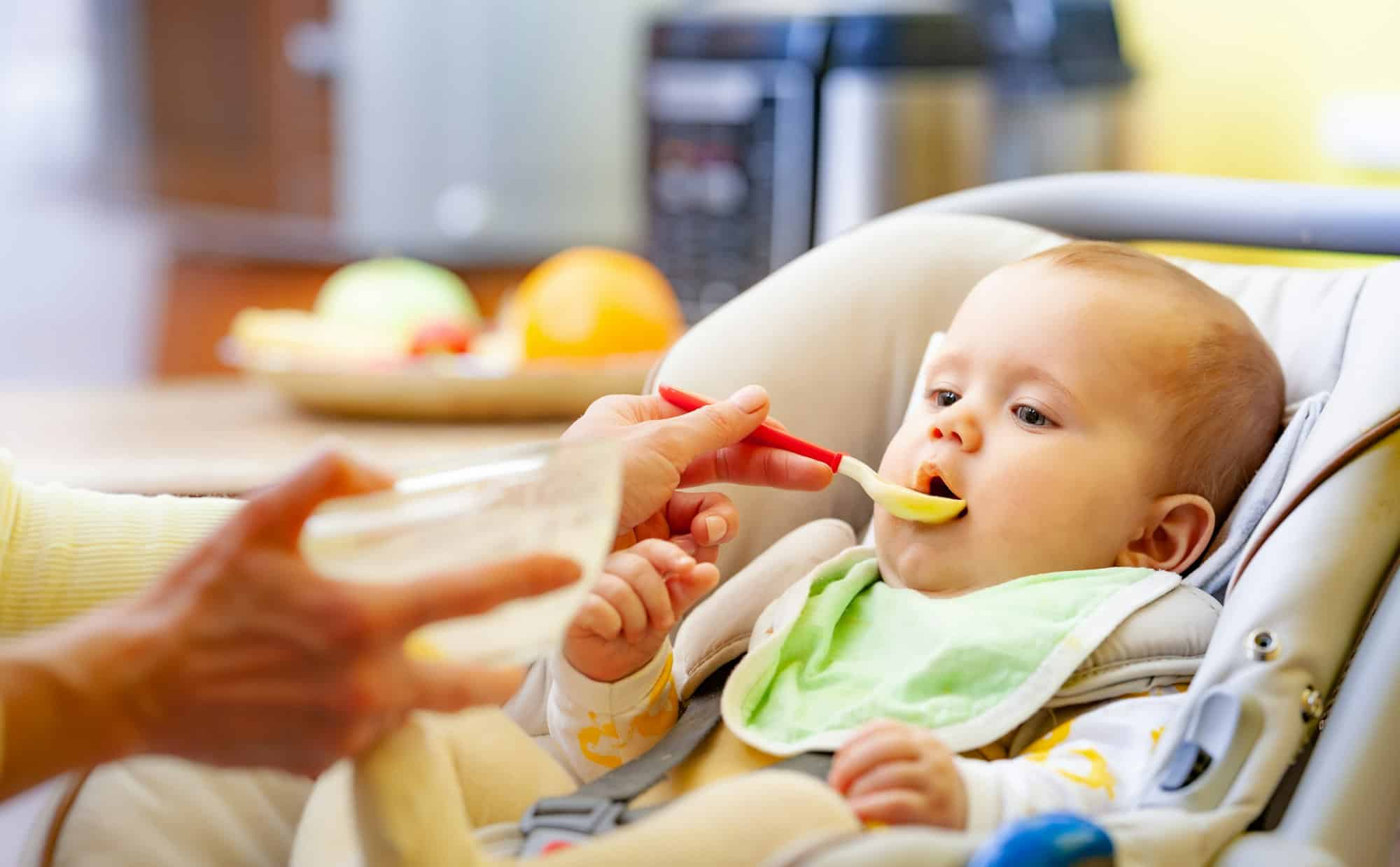In an era increasingly dominated by technology, even the diaper industry has not been left untouched. But, smart diapers are more than just a quirky, tech-savvy gadget. They have the potential to revolutionize the way we monitor the health of infants. These diapers, embedded with sensors, can notify parents and caregivers about when the diaper is wet, significantly easing the task of baby care. But, their potential extends beyond mere convenience. Scholars and researchers have begun to understand the potential of smart diapers in infant health monitoring. This article delves deep into the transformative world of smart diapers and the way they are reshaping infant health monitoring.
The Smart Diaper Market
The smart diaper market is a burgeoning field, reflecting the increasing acceptance of technology in our everyday lives. The market is projected to grow exponentially in the coming years, marking a shift from traditional diaper use to more technologically advanced methods.
Also to discover : How Is AI Changing the Approach to Mental Health Treatment?
The reasons for this shift are numerous. Apart from being a testament to the advancement of technology, smart diapers also offer a range of benefits over traditional diapers. For one, they can notify caregivers when the diaper is wet. This eliminates the need for constant checks and can be particularly beneficial in a daycare or hospital setting, where caregivers might be dealing with multiple infants.
However, their potential extends beyond mere convenience. The data collected by these diapers can be used to monitor the health of the infant. Which brings us to our next section.
Also read : How Can Virtual Reality Enhance the Shopping Experience in E-commerce?
Smart Diapers and Health Monitoring
Over recent years, studies have begun to highlight the potential of smart diapers in health monitoring. A diaper, after all, collects urine, which is a treasure trove of health information. By analyzing urine, health care providers can get insights into the hydration levels, the presence of urinary tract infections, and even some metabolic disorders.
A smart diaper, equipped with sensors, can monitor and analyze these parameters continuously. This can allow for early detection of potential health issues, long before they manifest into something more severe. For example, a sensor can detect changes in urine color or consistency, which could indicate a urinary tract infection.
It is important to note that while these features can provide useful health insights, they cannot and should not replace the advice of a medical professional. But, they can certainly aid in the early detection and monitoring of potential health problems.
The Technology Behind Smart Diapers
At the heart of the smart diaper is a sensor. This sensor is responsible for detecting when the diaper is wet and can even analyze the urine for potential health indicators. But how does this sensor work?
The answer is surprisingly simple. The sensor is a type of absorbent material that changes color when it comes into contact with urine. A device attached to the diaper then reads this color change and sends a notification to a connected smartphone or device.
The potential of this technology extends beyond simple wetness detection. Researchers from the Massachusetts Institute of Technology (MIT) have been working on a diaper that can collect urine samples for analysis. This could have significant implications for infant health monitoring, allowing for more regular and accurate assessments.
The Role of Data in Smart Diapers
The ability to collect and analyze data is a key feature of smart diapers. Each time the diaper is changed, data about the time, duration, and nature of the wetting event is recorded. This creates a wealth of data that can be used for health monitoring.
For example, a sudden change in wetting patterns could indicate a potential health issue. Similarly, the presence of unusual substances in the urine, such as blood or mucus, could also be detected and analyzed.
Moreover, this data can be shared with healthcare providers, giving them access to real-time, accurate information about the infant’s health. This could allow for more personalized and effective care, particularly in cases where the infant is dealing with a chronic condition.
While the use of smart diapers is still in its infancy, they represent a significant leap forward in infant health care. By integrating technology into something as simple as a diaper, we can monitor the health of our most vulnerable population more effectively and proactively. After all, a healthy baby is a happy baby – and that’s something we can all get behind.
The Future of Smart Diapers
As technology continues to advance, so too will the capabilities of smart diapers. Future models could potentially monitor a range of health parameters, from hydration levels to the presence of specific diseases. This would allow for even more comprehensive health monitoring, further improving the care we can provide to our infants.
Moreover, as the market grows, we can expect to see more affordable options becoming available. This will make smart diapers accessible to a wider range of parents and caregivers, democratizing access to this potentially life-saving technology.
However, it’s important for manufacturers, parents, and caregivers to keep in mind the ethical implications of such technology. Data privacy is a significant concern, particularly when it comes to our children. Manufacturers must ensure that any data collected is stored securely and used responsibly.
In the meantime, smart diapers represent an exciting advancement in infant health care, bringing together technology and care in a way that benefits both caregivers and their charges. And while they might not replace the advice of a doctor, they can certainly provide a valuable tool in maintaining the health of our infants.
Innovations and Challenges in Smart Diaper Development
The development of smart diapers involves incorporating technology such as sensors and Radio-Frequency Identification (RFID) tags into the diaper system. It’s indeed a fascinating blend of healthcare and technology aimed at enhancing baby health monitoring. However, achieving efficient functionality raises a myriad of challenges that developers have to address.
A significant aspect of the smart diaper revolves around the sensor’s functionality. The sensor functions as an absorbent material that changes color when it interacts with urine. This change of color is detected by an RFID reader and is translated into data. This functionality is pretty straightforward when it comes to detecting a wet diaper. However, the challenge lies in developing sensors capable of analyzing the urine’s specific components to identify potential health issues such as urinary tract infections and metabolic disorders.
Google scholar resources reveal that researchers are making substantial progress in this area. For instance, Pixie Scientific, a company specializing in health-monitoring wearable devices, has developed a smart diaper that can detect urinary tract infections by analyzing the content of the urine. Developers are also exploring the possibility of detecting long-term conditions in infants, such as diabetes and kidney problems.
Despite these strides, it’s crucial to acknowledge that smart diaper technology doesn’t aim to replace professional healthcare. Instead, it’s an aid to provide real-time data for efficient health monitoring, especially in between regular medical check-ups.
Conclusion: The Potential and Ethics of Smart Diapers
The potential of smart diapers in revolutionizing infant health care cannot be overstated. As the global smart diaper market continues to grow, so does the promise of more effective health monitoring and early detection of potential health issues. While still in the early stages, the smart diaper technology holds the promise of giving parents and caregivers real-time, detailed insights into an infant’s health.
However, as we embrace this technology, it’s essential to consider ethical boundaries, especially around data privacy. As smart diapers collect and analyze data on an intimate aspect of an infant’s health, they inevitably raise questions about how this data is stored and used. Developers and manufacturers need to ensure the highest level of security for this data, and its use should strictly adhere to privacy laws and regulations.
In conclusion, smart diapers symbolize a significant leap in infant health care by merging practicality and advanced technology. They offer the potential for better, more proactive care for our infants, making life easier for caregivers, parents, and most importantly, leading to healthier and happier babies. However, the journey towards a world where smart diapers are a standard inclusion in baby care involves overcoming challenges and ethical considerations. But, with technology consistently advancing, it’s an attainable future.






